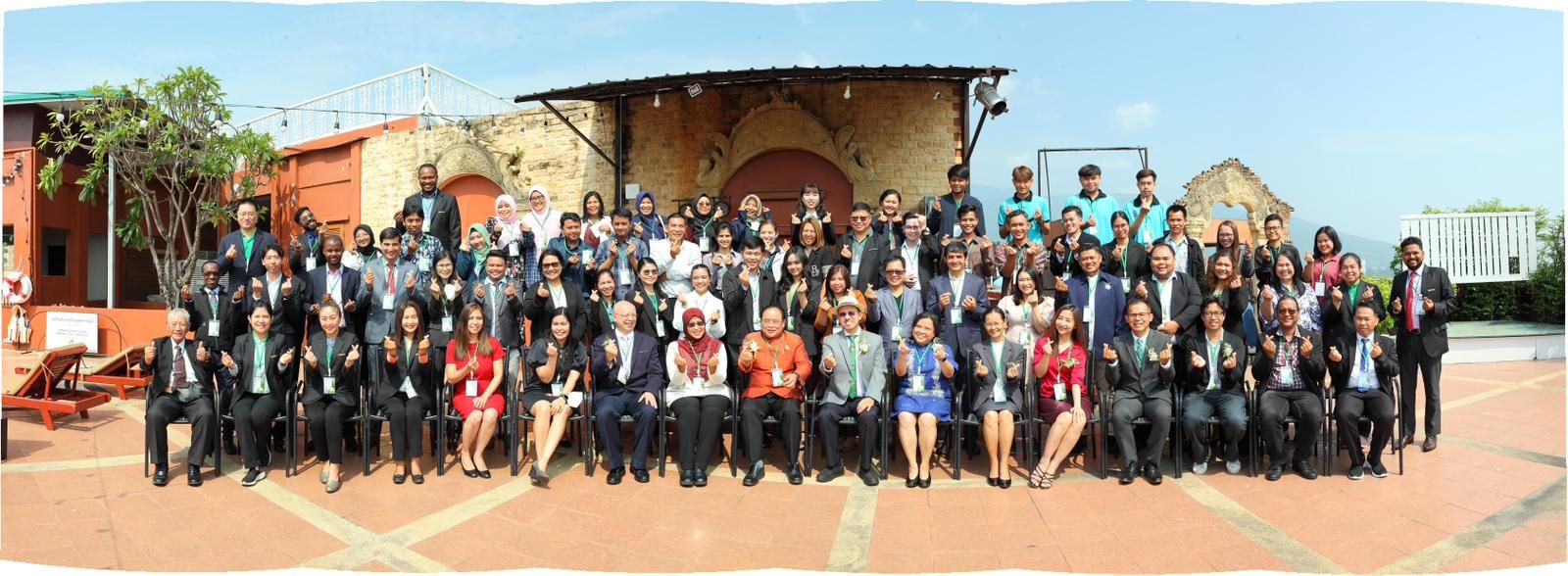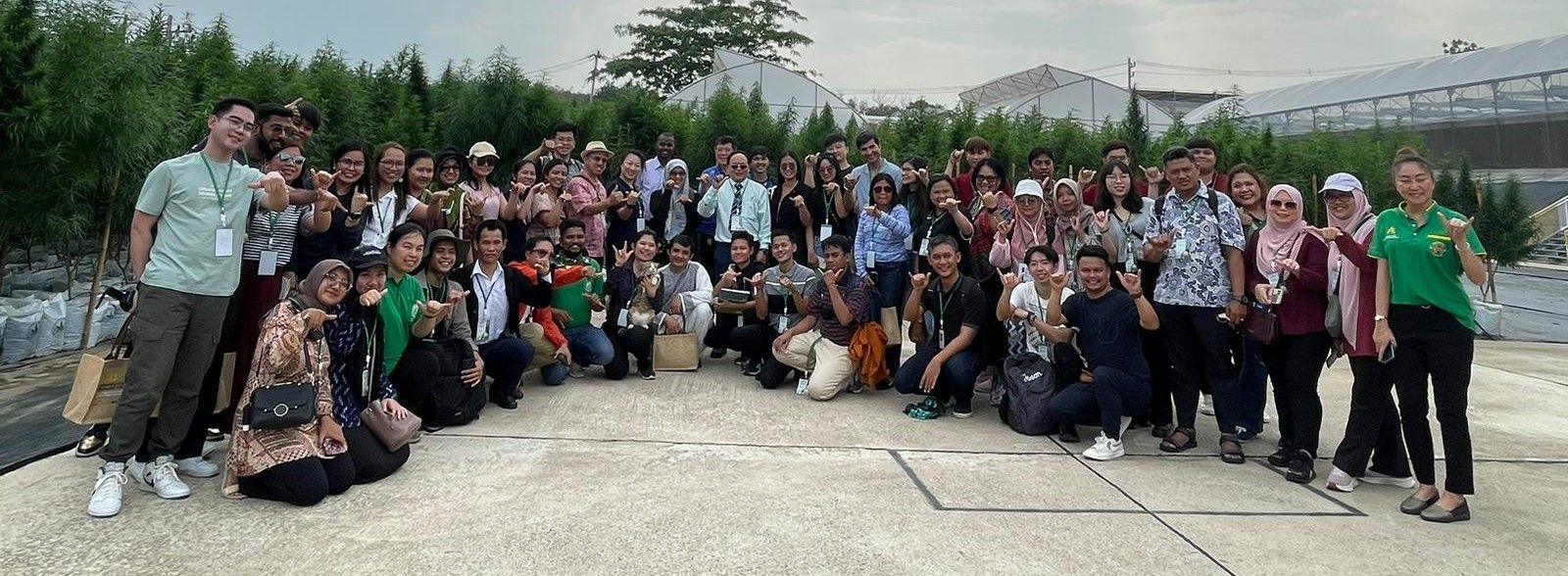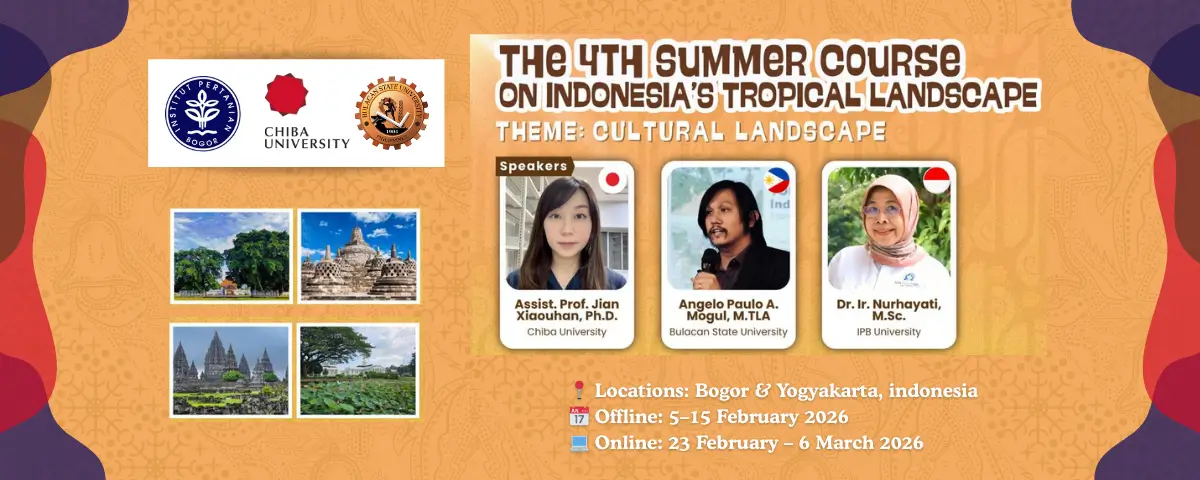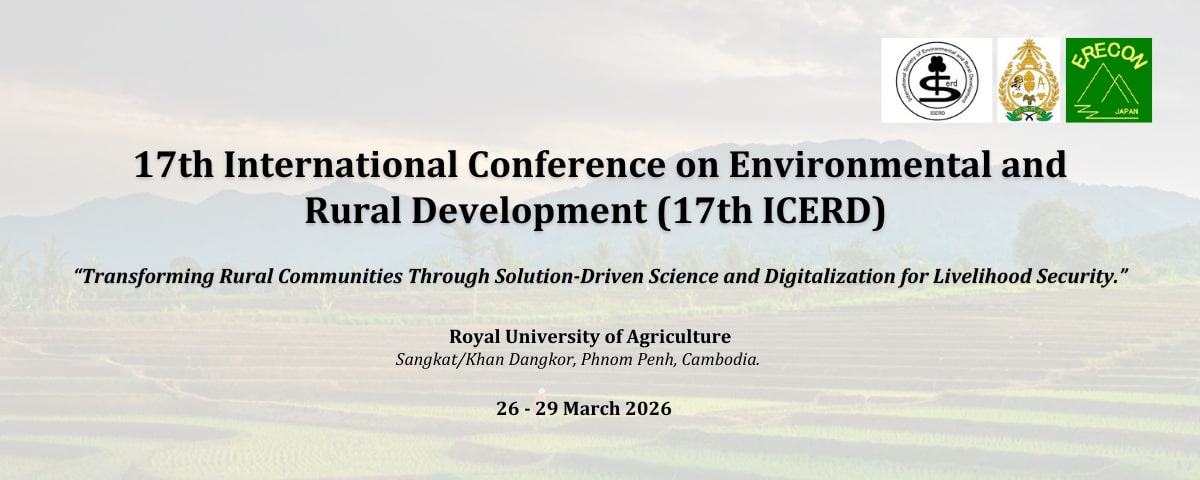University Consortium Members

Regular Members
Regular members are leading universities within Southeast Asia which are recognized in their own right, have established graduate education programs in agriculture and natural resources, and genuinely interested in and capable of providing academic and financial support for the success of the University Consortium (UC).

Associate Members
Associate members are leading universities outside Southeast Asia that have established graduate education programs in agriculture and natural resources, have a genuine interest in regional cooperation with the UC, and are capable of contributing to and providing academic and financial support for the success of the UC.

Affiliate Members
Affiliate members are reputable universities or network/consortium of academic and research institutions within and outside Southeast Asia that have established graduate education programs in agriculture and natural resources or public and private organizations/institutions whose thrusts are in agriculture and natural resources, have a genuine interest in regional cooperation with the UC, and are capable of contributing to and providing support in any form for the success of the UC.




